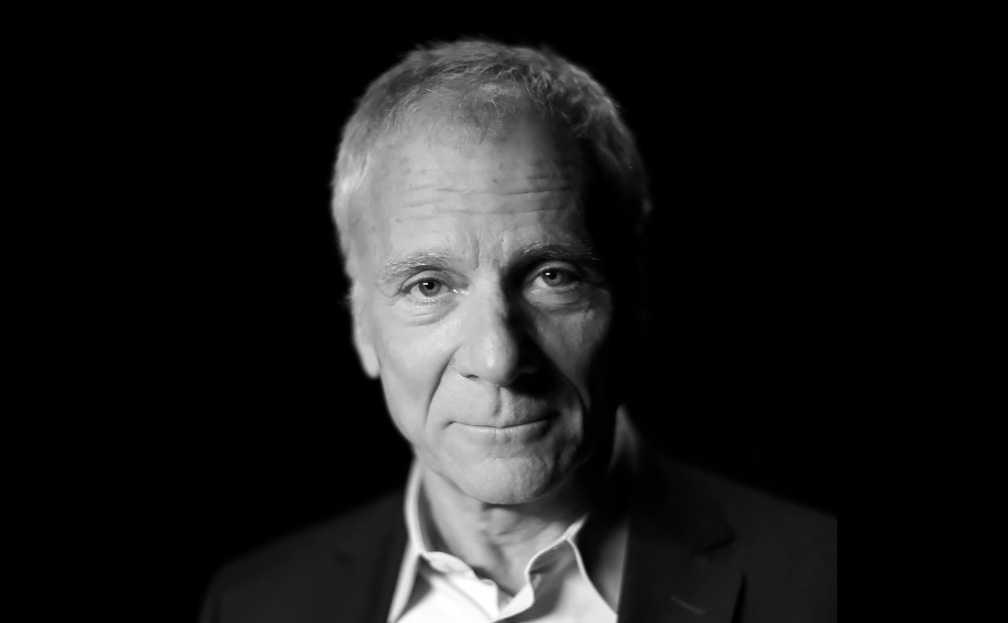I think the story is a very big deal and has been underplayed and under-reported by the U.S. media. WikiLeaks, the global anti-secrecy network Assange founded, exploded into the headlines worldwide in 2010. It had been aggressively posting documents from foreign governments and private entities — exposing corruption in Kenya, tax avoidance by a British bank, toxic waste in West Africa, internal Scientology documents.
This text is an extract from the original text by Edward Wasserman
- First, what precisely is he alleged to have done in Sweden and how are such accusations normally handled? Are those facing similar allegations treated like top-drawer international fugitives, or is Assange unusually privileged? And why can’t he be questioned in London?
- Second, what is the Washington connection? Have U.S. officials urged the Swedes to get him to Stockholm? Does the United States have plans to seek his extradition? Has any reporter asked? (And while we’re asking, what pressure did the administration bring to bear on the money handlers who cut off WikiLeaks’ flow of funds?)
- Third, has Assange been indicted? It’s reported a sealed indictment exists, and since he is resisting extradition because he already assumes that to be true, it’s hard to see why it should remain under seal.
- Finally, and most important, isn’t it time for a dispassionate assessment of WikiLeaks’ impact? It has been two years since the massive leaks of military and diplomatic data. The moment is ripe for an accounting. Did the leaks do harm or do good? Did WikiLeaks demoralize dedicated officials and expose trusting intelligence assets to risk and reprisal? Or did it blow whistles that needed blowing, embolden dissidents worldwide, fuel the Arab Spring, encourage lackluster news media to defy official controls, help chase despots from power?
But none of these answers will come from media that don’t even ask the questions.
Read the complete article by Edward Wasserman is the John S. and James L. Knight Foundation Professor of Journalism Ethics at Washington and Lee University in Lexington, Va. He writes and speaks widely on matters related to media rights and wrongs, technological change, and media ownership and control.

